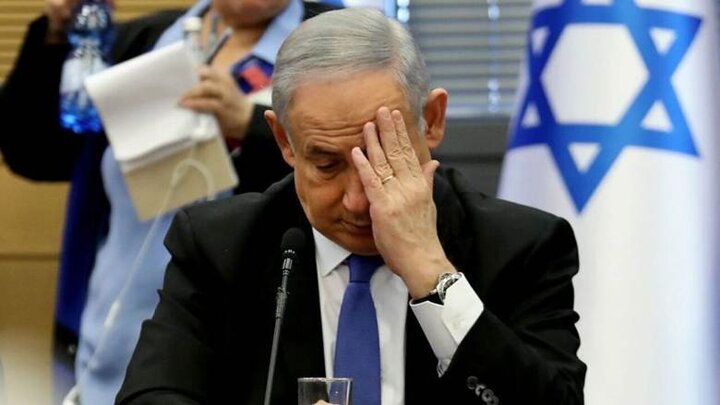Isolation of Tel Aviv: Will Netanyahu stop the genocide in Gaza under pressure?
In recent days, the political and social atmosphere in Europe has been strongly influenced by the reactions to the criminal attacks of the Zionist regime in Gaza; an unprecedented wave of popular protests, academic movements, diplomatic pressures, and punitive measures by Western governments, which show that traditional support for Tel Aviv is collapsing.
At the same time that the genocide in the Gaza Strip has intensified, European countries have not only become more explicit in their official positions but have also taken practical steps to review their relations with the Zionist regime. These developments are a sign of a turning point in the international status of this regime and a serious test for “Benjamin Netanyahu”.
Completing the puzzle of anti-Zionist actions in Europe
In recent days, Europe has witnessed a wave of anti-Zionist actions at the diplomatic, political, and popular levels, of which the following is a list of the most important of these actions.
1. Review of the EU-Israel agreement
In an unprecedented move, 17 EU member states have called for a serious review of the terms of the partnership agreement with the Zionist regime. This request was made in the wake of the increasing number of martyrs in the Gaza Strip, the continued bombing of residential areas and the restriction of the delivery of humanitarian aid. The protesting countries believe that continuing political and economic cooperation with Tel Aviv, while it is accused of serious human rights violations, is contrary to the fundamental values of the European Union, including the defense of human rights.
The review includes a re-examination of the trade privileges, research cooperation, and official relations that the Zionist regime has benefited from under previous agreements. Even if this review leads to the suspension or fundamental change of the terms of the agreement, it could be a turning point in Brussels-Tel Aviv relations.
2. UK trade talks with Israel suspended
In a symbolic but effective move, the British government has suspended talks on a free trade agreement with Israel. The decision comes amid growing domestic and international criticism of Netanyahu’s policies towards Gaza. London has also imposed a series of targeted sanctions on extremist settlers in the West Bank, including a travel ban and asset freeze. This is the first time since Brexit that Britain has unilaterally adopted an explicit and punitive policy against Tel Aviv.
The move is seen by analysts as a cautious step to express dissatisfaction without completely severing ties. At the same time, the British government is under pressure from human rights groups and MPs who are calling for tougher sanctions against Israel. Given the recent diplomatic history between London and Tel Aviv, this suspension could be seen as a wake-up call for Netanyahu’s cabinet and lead to tougher measures if the crisis continues.
3. Threats of action by Britain, France, and Canada
In a coordinated stance, the governments of Britain, France and Canada have warned that they will take specific measures against the Zionist regime if it does not immediately stop its military operations in Rafah and continues to restrict the entry of humanitarian aid. This warning was issued following the publication of reports of widespread killings of civilians in Rafah and the closure of aid crossings. Officials from these three countries have emphasized that Tel Aviv’s compliance with the principles of international humanitarian law is a fundamental condition for continuing diplomatic relations and economic cooperation.

